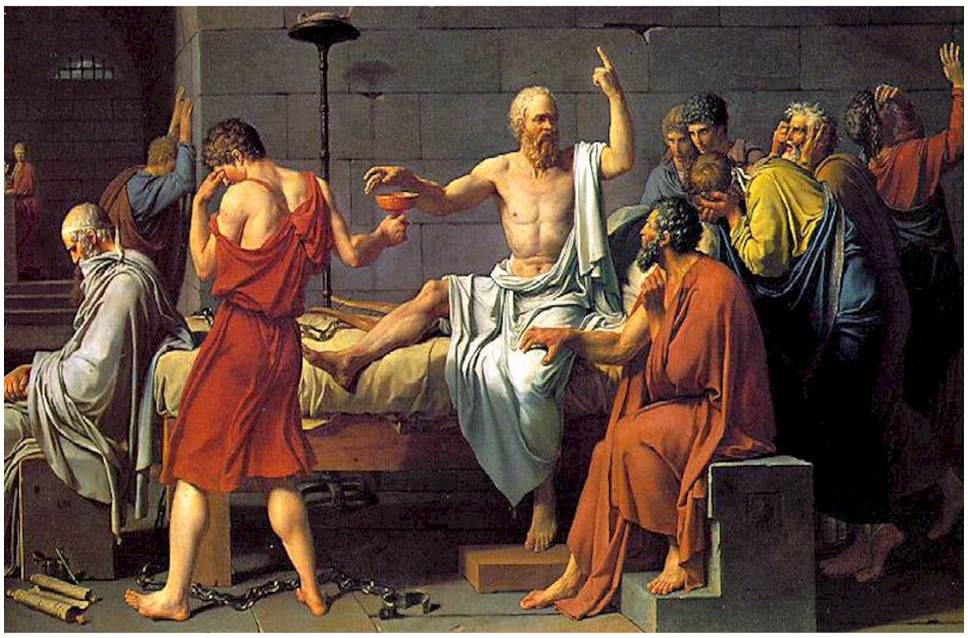The word intelligence is thrown around a lot. In my experience, people are seen as ‘intelligent’ based on how much information they can retain, explain and apply. The problem I find with this narrow view of intelligence is that the more knowledge someone believes they have, the more inflexible they tend to be in their views and opinions. I would argue that someone who is book smart is not necessarily life smart or wise; which leads on to the question: does intelligence make you wise?
My Realisation About Intelligence
I can relate – coming from the legal profession, I often used to hold my intelligence and knowledge highly and learnt how to articulate information in a convincing way. I didn’t phase me to discredit another persons’ opinions by believing I had superior knowledge – I just wanted to convince others I knew that I was talking about and was right. This attitude of wanting to be right infiltrated every part of my life and caused a lot of misery and conflict – including inner conflicts.
I look back now and realize that always wanting to be right comes from a place of insecurity. Deep down I didn’t believe I was that intelligent, but wanted to convince others I was. Our self image convinces us that being right is more important than finding the truth or doing what is right. Being wrong is seen as a weakness and it makes us defend our viewpoints to the bitter end. Have you ever seen a political debate end with the a party saying ‘you know what, your point of view is convincing, and it’s changed my mind on our policies.’ Neither have I.
I no longer hold status, titles or educational achievements as signs of intelligence or wisdom.
My new definition of intelligence is how much someone is willing to acknowledge they don’t know.
Let me explain why.
The Search for Wisdom
Long ago there was a search for the greatest mind in Greece. The question was asked:
‘Who is the wisest man in Greece?’
At the time, it was unanimous that the great philosopher Socrates was the wisest of them all. His response was simply:
“I am the wisest man alive, for I know one thing, and that is that I know nothing”.
This is a profound statement. Socrates was regarded as the wisest person in Greece because he was fully aware of his own ignorance – something we can all learn from.
The problem is when we believe we ‘know’ something, our insecurity, arrogance and perceived superiority makes us shut down from considering other perspectives. Our cup is full and there is no room to fill it with anything else. This means that new information is instantly rejected or misinterpreted to fit our agenda. We don’t actually hear the other person, instead make it a battle of the wits to defend our viewpoint. As soon as you hold on to what you know, you become inflexible and stop the growth of your knowledge.
It’s often the case that we get so wrapped up with our perceived knowledge that we forget how ignorant we really are. On the grand scale of the universe, we know virtually nothing. As a species destroying our planet and each other, we are stupid beyond measure.
When you enter a discussion or learn something new, bring an empty cup – you can always learn a different perspective – even on something you know. A true master knows that they are a student of life, for life. There is no ceiling, just layers of understanding which keep unraveling the deeper your go.
Stay curious and appreciate your ignorance, mistakes and misunderstandings. This will revitalize your life once again with awe, wonder and surprise. Be hungry for the truth and learn to be fluid with your views and opinions. By staying humble, you will connect more deeply with others and reach new heights of understanding, attaining true intelligence and wisdom.
What is your definition of intelligence and wisdom? Leave your comments below.

